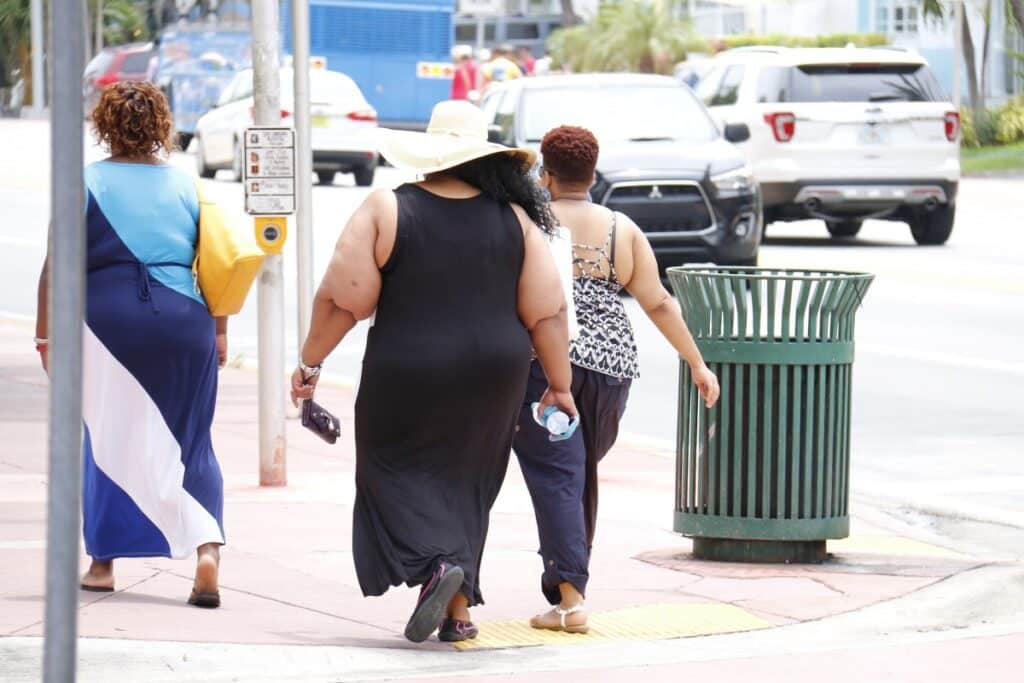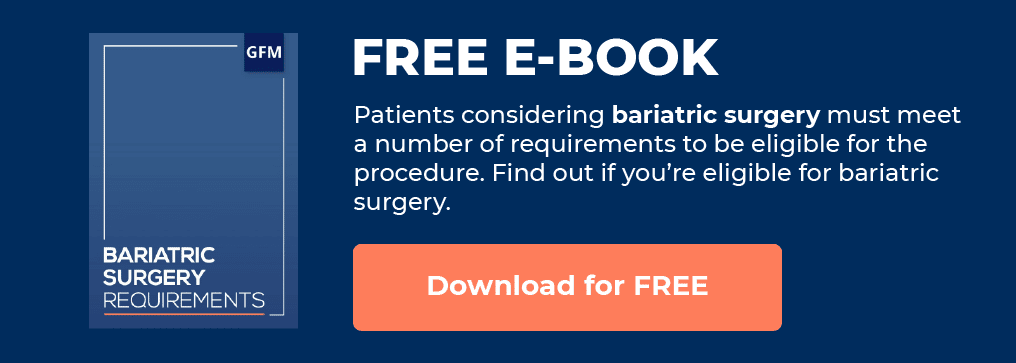Grants for Obesity Prevention Programs – Overview
Obesity is one of the most prevalent health disorders in the United States. It is a common, severe, and costly disease. According to various reports, the obesity prevalence in the US grew from 30.5% in 1999-2000 to around 42.4% in 2017-18.
Obesity itself brings on several severe health problems. Untreated obesity may give rise to certain types of cancers, type-2 diabetes, stroke, high blood pressure, and heart disease.
These conditions are the primary cause of premature, preventable deaths in the US.
Several local, state, and federal government initiatives to prevent and treat obesity. The government also funds numerous research studies on obesity every year.
If you are a researcher looking for grants for obesity prevention programs, you’ve come to the right place. This article will check several obesity research grants you can apply for in the US.
3 Different Grants for Obesity Prevention Programs
The Rural Health Information (RHI) Hub funds obesity research grant programs. Let’s take a look at some of the top grants for obesity prevention programs offered by the RHI hub:

1 – Blue Cross Blue Shield of North Dakota Caring Foundation Rural Health Grant Program
This program is sponsored by the Blue Cross Blue Shield of North Dakota. It collaborates with the University of North Dakota’s Center for Rural Health.
This grant aims to support collaborative research efforts involving rural healthcare providers and rural communities. This initiative promotes physical activity and wellness for residents of all ages in North Dakota.
Eligible applicants should establish collaborative efforts to support physical activity in rural areas of North Dakota. These should involve people of all ages participating in wellness programs.
These physical activities and wellness initiatives may include:
- Organizing a community walk, race, or biking event.
- Offering athletic equipment for playgrounds, schools, parks and daycare centers.
- Developing worksite wellness programs for employees.
- Refurbishing rehabilitation centers into community training centers or workout facilities.
- Sponsoring or supporting workshops that promote physical activity for a healthier lifestyle.
The agency awards 8 to 16 individual awards. Each successful applicant can receive $1,000 to $5,000 from the $40,000 award fund.
The eligibility criteria for this obesity research grant require the lead applicant to be a provider. Providers are healthcare facilities, such as clinics, hospitals and public health units. They may include:
- Nursing facilities
- Mental health facilities
- Dental clinics
- Tribal health facilities
- Pharmacies
- EMS units
- Home health agencies
- Clinics
- Hospitals
- Other relevant healthcare providers
2 – Home and Community-Based Physical Activity Interventions to Improve the Health of Wheelchair Users
The NIH has collaborated with the Eunice Kennedy Shriver National Institute of Child Health and Human Development (NICHD). This obesity research grant funds research efforts on physical activity intervention for physically disabled individuals.
The focus should be on wheelchair-bound individuals. The aim of this study should be to prevent or reverse chronic conditions related to low physical activity.
The purpose is to prevent obesity-related health conditions from developing or worsening.
The inclusion criteria and stratification should be based on functional status. It should not be considered as the primary cause of the disability.
This obesity research funding program prioritizes study that aims to develop feasible interventions. These should be readily applicable to larger populations of wheelchair users.
The NICHD aims to disburse a total funding amount of $1.5 million to a minimum of 3 (three) awardees.
Eligibility criteria for this obesity research grant require applicants to be:
- Higher education institutes (public/state-controlled/private institutions of higher education)
- Nonprofit organizations (other than institutes of higher education)
- For-profit organizations (small businesses, others)
- Local governments (state, county, city, township, special district, tribal governments, etc.)
- The federal government (eligible agencies of the federal US government)
- Others (independent school districts, public housing authorities, Native American Tribal Organizations, faith-based/community-based organizations, regional organizations, etc.)
For additional details on eligibility criteria and the application process for this grant, you can visit the official website
3 – Pediatric Obesity Discovery Science Research to Improve Understanding of Risk and Causal Mechanisms for Obesity in Early Life
The National Institutes of Health (NIH) has collaborated with the National Institute of Diabetes and Digestive and Kidney Diseases (NIDDIK).
This obesity research grant is aimed at supporting discovery-centered, innovative research studies.
These studies should be focused on discovering early-life risk factors that contribute to the development of obesity in infants and young children.
The study should also help identify underlying causes that increase the risk of obesity in young children and infants.
The proposed study should aim to understand the biological mechanisms that promote behavioral and metabolic risk for obesity development.
It should help understand how other factors, such as environmental and contextual factors, may alter these risks.
The NIDDIK is committed to awarding up to 3 (three) awards from a total fund amount of $2,250,000.
You can visit the official NIH website for further details on eligibility criteria and the application process.
Conclusion
These are the three leading grants for obesity research programs in the US. The NIH’s official website has information on even more obesity research grant programs.
Ensure you read the eligibility criteria for each grant carefully before applying to ensure the successful receipt of grants.
See Also
Lap Band Surgery Cost Without Insurance
Grants for Weight Loss Surgery
What is a Mommy Makeover Cost?
Does Medicaid Cover Weight Loss Surgery
